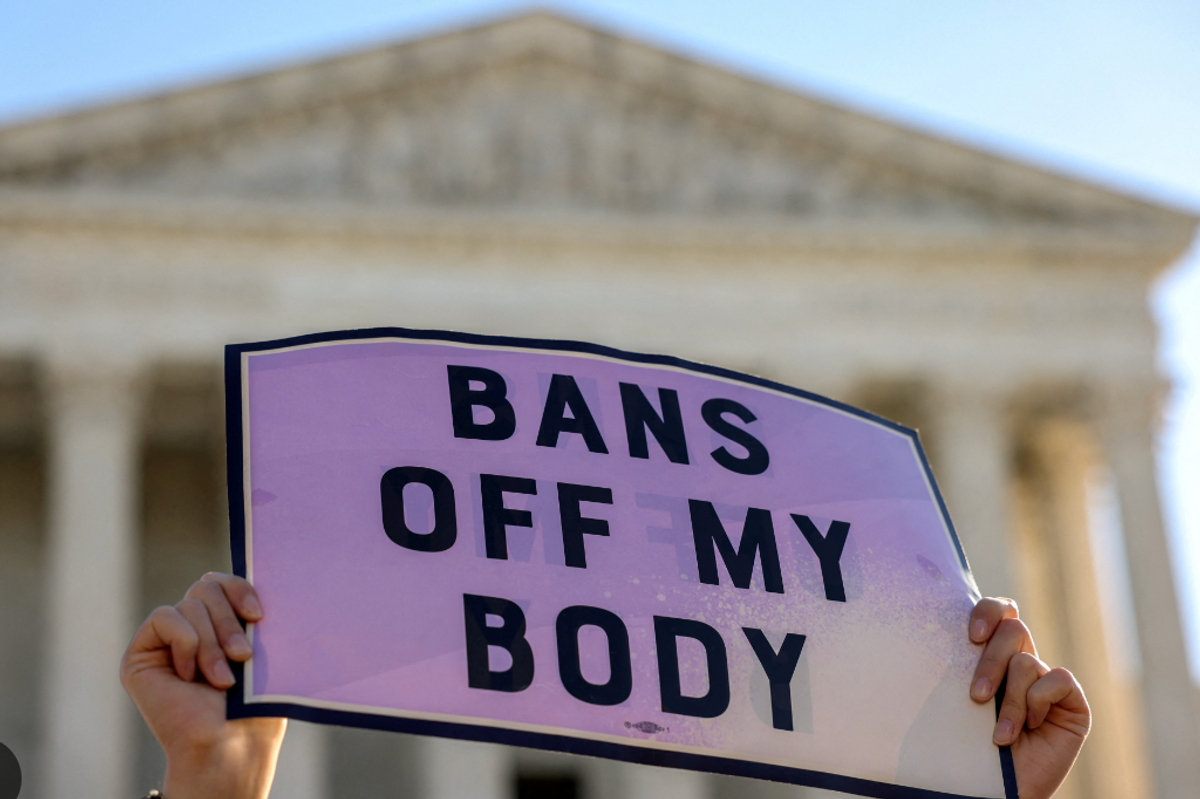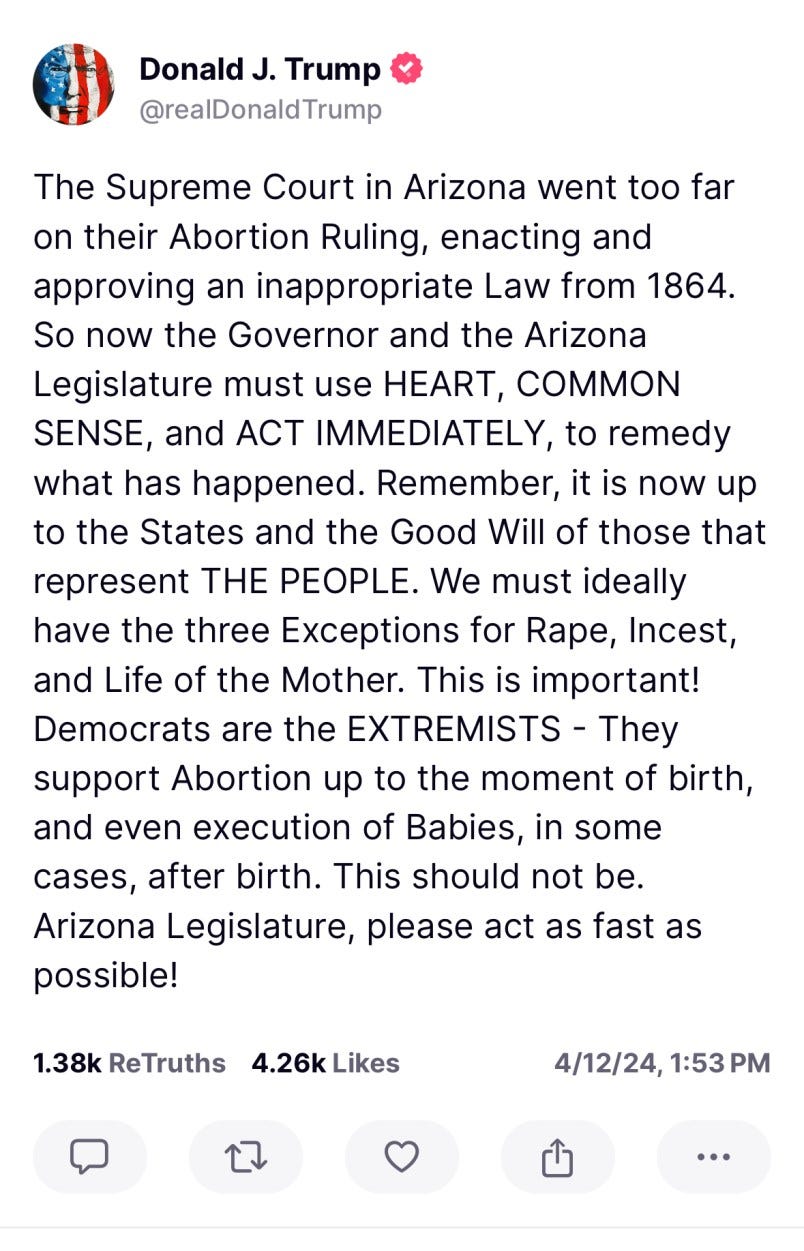CHICAGO (AP) — A confident Mitt Romney is shifting toward the general election as his grasp on the Republican presidential nomination tightens, declaring Tuesday that he would work with Democrats to solve the nation’s problems — or “die trying.”
In the days leading up to his primary victory in Illinois, the GOP front-runner has focused almost entirely on President Barack Obama while campaigning in the Democrat’s home state.
“Tonight was a primary, but November is a general election. And we’re going to face a defining decision as a people,” Romney said during a victory speech to supporters. “We know what Barack Obama’s vision is. We’ve been living it these last three years. My vision is very, very different.”
He’s emphasizing his willingness to compromise with the opposition party if elected — a message aimed squarely at the center of the electorate rather than at GOP loyalists who vote in Republican primaries.
Romney said Obama clearly recognizes he must work across the political aisle but hasn’t been able to do so as president.
“I’ve had that experience. And I will either get that done or I will die trying,” he said hours before Illinois Republicans gave him his second victory this week. “I’m going to do everything I can to bring people together to accomplish what has to be done.”
Romney may be overstating his bi-partisan credentials. Massachusetts Democrats report that the former governor grew increasingly partisan once he began to eye the presidency.
With the Illinois victory, the former Massachusetts governor added to his growing number of delegates to the party’s summertime GOP national nominating convention, given that his chief rival — Rick Santorum — can’t win 10 delegates of the 54 up for grabs because his campaign didn’t file the proper paperwork.
But Romney’s general election focus was on display even before his Illinois victory was official. Ignoring his Republican opponents at a campaign stop at Google’s Chicago headquarters earlier in the day, he addressed issues likely to play prominently in a general election campaign against the incumbent president, like bipartisanship, China, health care and gas prices.
Romney also appealed directly to young voters, a voting bloc that overwhelmingly supported Obama four years ago.
He focused almost exclusively on his business background during his victory speech, saying that his successes and failures in the private sector taught him about what “makes America’s system so powerful.”
“You can’t learn that teaching constitutional law at the university of Chicago,” Romney said, referring to Obama’s experience. “You can’t even learn that as a community organizer.”
Also Tuesday, he raised more than $1.3 million at a luncheon fundraiser.
Romney’s general election focus comes as his campaign intensifies calls for his Republican opponents to give up what has become a near-mathematical impossibility. Romney has already captured more delegates than his opponents combined, and is on pace to win the 1,144 needed in June.
His wife, Ann, suggested in recent days that Illinois voters could send a strong message that now is the time to unite one candidate.
Romney and his allies have spent a combined $3.5 million on Illinois television ads, grossly outspending Santorum and his backers.
Santorum’s unforced errors likely hurt him as well. On Monday, he suggested that neither the economy nor the unemployment rate was his top concern. He later explained his comments as being about freedom, not the economy. The original comments sparked a rash of criticism that Romney picked up on at his final campaign stop of the day at Bradley University in central Illinois.
But Romney ignored Santorum Tuesday night. And his campaign issued a fundraising appeal late Tuesday night titled “Time to close.”
“Tonight’s win means we are that much closer to securing the nomination, uniting our party, and taking on President Obama. We are almost there,” Romney wrote.



